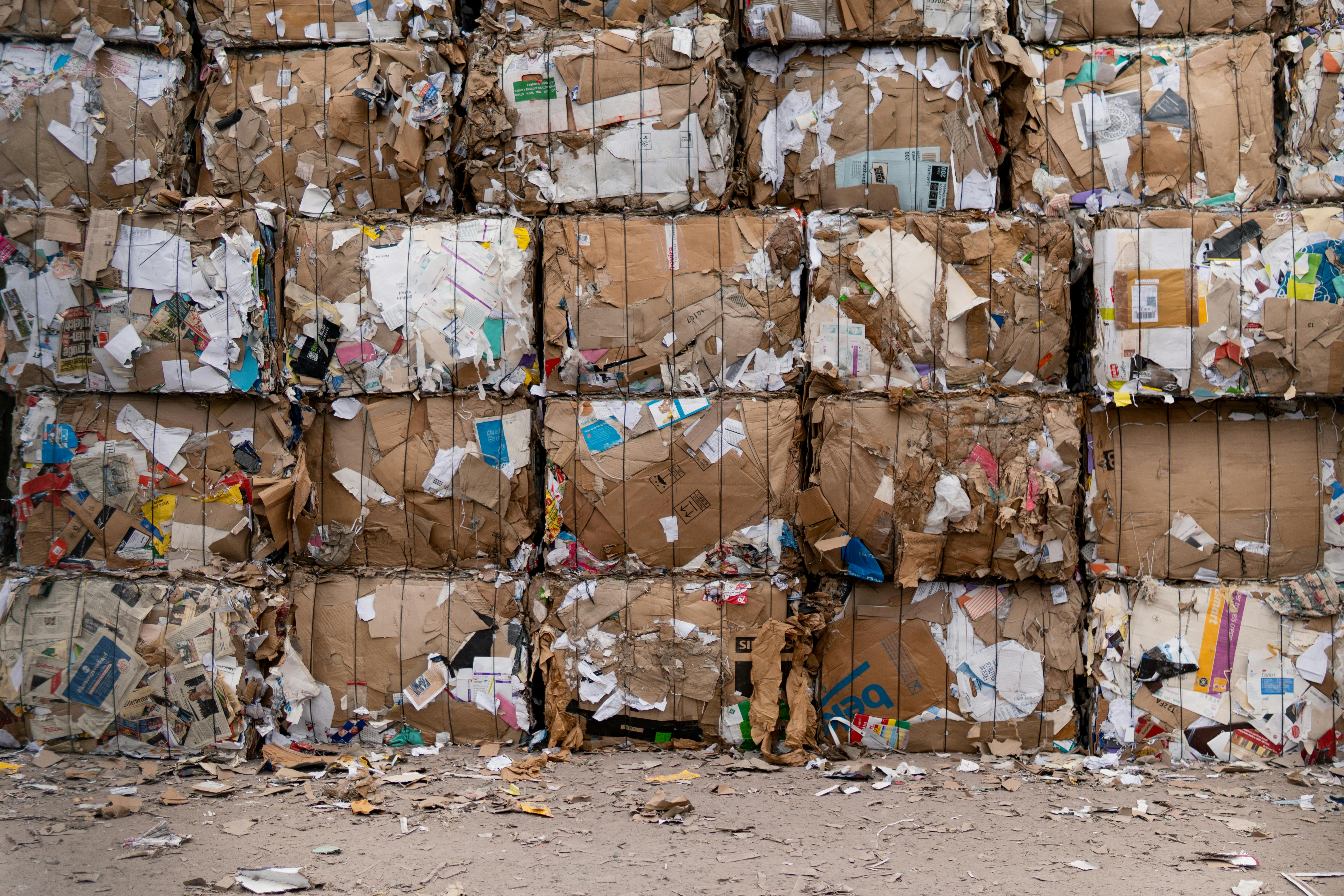 How to Choose the Best Waste Management Disposal
How to Choose the Best Waste Management Disposal
When it comes to the disposal of waste, it’s important to choose the right method for your needs. The disposal of waste is not only a concern for environmental sustainability, but it can also have a large effect on your financial bottom line. With that in mind, we’ve put together a guide to help you choose the best waste disposal methods for your business or household.
Understanding Your Waste
The first step in choosing the best waste disposal method is to understand what kind of waste you are dealing with. Generally, waste can be divided into two categories: hazardous and non-hazardous. Hazardous waste includes materials that are toxic, corrosive, reactive, or flammable. Examples of hazardous waste include oil, solvents, fuel, paint, and battery acid. Non-hazardous waste includes materials that are not hazardous, such as paper, cardboard, and food waste.
Knowing the type of waste you are dealing with will help you determine the best disposal method. Hazardous waste must be handled and disposed of properly to avoid potential environmental and health hazards.
The Cost of Disposal
The cost of disposal is an important factor to consider when choosing the best waste disposal method for your needs. Different methods of disposal have different costs associated with them. For example, landfills usually have a fee per ton of waste, while some waste management companies may charge a flat fee.
It’s important to understand the cost of each disposal method before making your decision. This will help you weigh the cost of disposal against the environmental and health benefits of each option.
Local Regulations
Before disposing of your waste, it’s important to check with your local authorities to make sure you are in compliance with all local regulations. Some types of waste may require special handling or disposal methods. Make sure to check with your local authorities to make sure you are in compliance with all regulations and laws.
Choose the Right Equipment
When it comes to disposing of your waste, it’s important to choose the right equipment for the job. There are a variety of waste management tools and equipment available, including dumpsters, compactors, and balers. Choosing the right equipment will ensure your waste is handled and disposed of properly.
Get Professional Help
If you are unsure about the best waste disposal method for your needs, it’s a good idea to consult a professional. There are many waste management companies that can provide expert advice and assistance with the disposal of your waste. These companies have experience with a variety of waste management options and can help you choose the best option for your needs.
Benefits of Hiring a Professional Waste Management Company
• Expert Advice: Professional waste management companies can provide expert advice and assistance with the disposal of your waste.
• Cost Savings: Professional waste management companies can help you find the most cost-effective disposal options for your needs.
• Compliance: Professional waste management companies can help you ensure you are in compliance with all local regulations.
• Equipment: Professional waste management companies can provide the necessary equipment and tools for the disposal of your waste.
• Safety: Professional waste management companies can help ensure the safety of your workers and the environment.
The Best Waste Management Options
The best waste management option for your needs will depend on the type of waste you are dealing with and your budget. Below, we’ve outlined some of the most popular waste management options available.
• Waste Reduction: The first step in managing your waste is to reduce the amount of waste you generate. This can be achieved by reusing, recycling, and composting.
• Landfill: Landfills are the most common way to dispose of non-hazardous waste. Landfills are regulated by the Environmental Protection Agency and are subject to strict guidelines.
• Recycling: Recycling is a great way to reduce waste and conserve resources. Many common materials, such as paper, cardboard, and plastic, can be recycled.
• Composting: Composting is a great way to reduce waste and create a nutrient-rich soil that can be used in gardening or agriculture.
• Incineration: Incineration is a waste management option that involves burning waste to reduce its volume. Incineration is often used to dispose of hazardous waste.
• Waste-to-Energy: Waste-to-energy is a method of disposing of waste while also generating energy. This is a great way to reduce waste while also producing energy.
• Land Application: Land application is a method of disposing of waste by applying it to land. This method can be used to dispose of non-hazardous waste, such as paper and cardboard.
Conclusion
The disposal of waste is an important part of any waste management plan. Choosing the right disposal method for your needs can help you save money, conserve resources, and ensure you are in compliance with all local regulations. Understanding the type of waste you are dealing with and the associated costs of disposal can help you make an informed decision. Additionally, consulting a professional waste management company can provide expert advice and assistance with the disposal of your waste.
